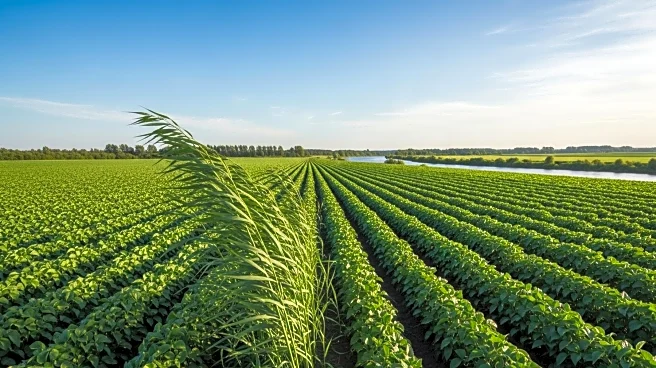Iowa's agricultural footprint is vast, encompassing economic, social, and environmental aspects. As a leading agricultural state, Iowa's impact is felt across the United States and beyond.
Geographic Reach
Iowa's geographic reach extends across its 99 counties, each contributing to the state's agricultural output. The state's fertile lands and favorable climate make it an ideal location for farming, supporting a diverse range of crops and livestock.
Institutional Presence
Iowa's institutional presence in agriculture is marked by its research and educational institutions, such as Iowa State University. These institutions play a crucial role in advancing agricultural practices and promoting sustainability.
Economic and Social Footprint
Economically, Iowa's agricultural industry is a major contributor to the state's economy, providing jobs and supporting local communities. Socially, Iowa's farming heritage is celebrated through cultural events and traditions, reinforcing its identity as an agricultural leader.
Environmental or Community Impact
Iowa's agricultural practices have both positive and negative environmental impacts. While the state's commitment to sustainability is evident, challenges such as soil erosion and water quality remain. Addressing these issues is crucial for ensuring Iowa's agricultural footprint remains positive and sustainable.

 Discover Daily
Discover Daily 






